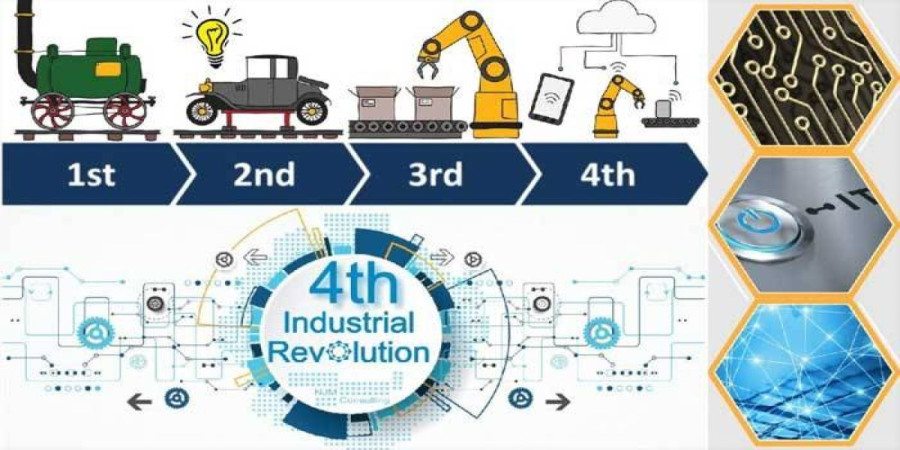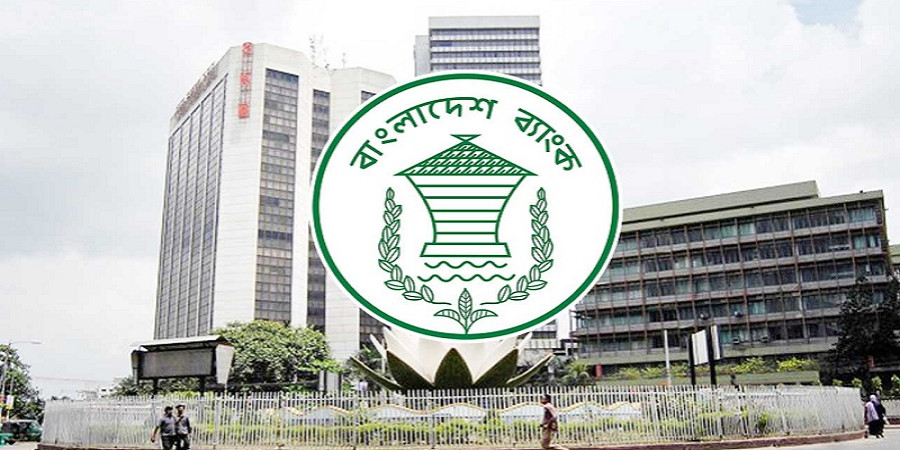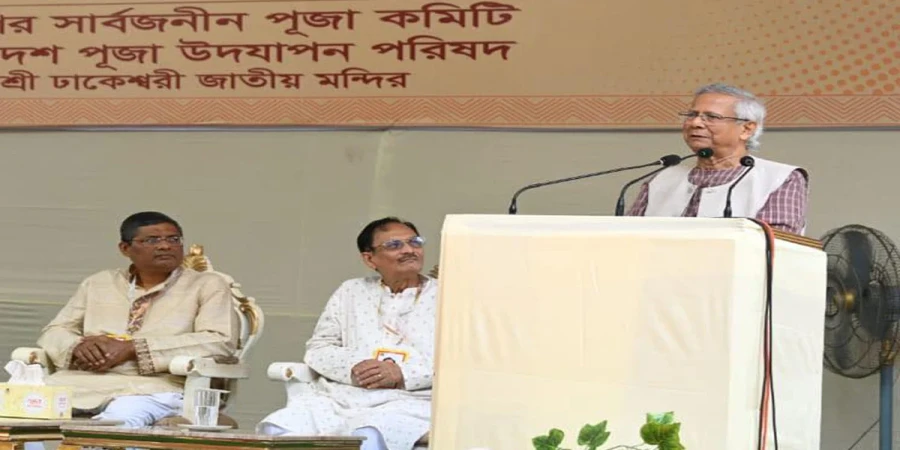
ছবি: Photo: Collected
In a recent seminar, experts warned that the Fourth Industrial Revolution (4IR) could result in job losses for nearly 5.4 million workers in Bangladesh. They expressed concerns over the potential impacts on the national economy, while also pointing to new opportunities that could emerge if the challenges are effectively managed. The seminar emphasized the need for the government to develop a new strategic framework to address these challenges and capitalize on the potential.
Held at the Tourism Building in Agargaon, Dhaka, on Monday, the event was jointly organized by the SME Foundation and the German development agency FES Bangladesh. In his welcome speech, SME Foundation's Managing Director, Anwar Hossain Chowdhury, highlighted the importance of the discussion. The seminar was attended by distinguished officials including ICT Division Secretary Shish Hayder Chowdhury, Additional Secretary of the Ministry of Industries Md. Salim Ullah, and Dr. Felix Gardes, Resident Representative of FES Bangladesh.
Professor Dr. Kazi Muhaimin-us-Sakib from Dhaka University's Institute of Information Technology presented the keynote paper, which incorporated research findings from the government’s Access to Information (a2i) program and the International Labour Organization (ILO). The report projected that 4IR could lead to job losses for approximately 2.7 million workers in the ready-made garments (RMG) sector, 1.4 million in the furniture sector, 1.2 million in agriculture and tourism (600,000 each), and 100,000 in the leather industry, summing up to a total of 5.4 million. Data from other research organizations like the Centre for Policy Dialogue (CPD) and Policy Research Institute (PRI) were also presented to substantiate these findings. It was further noted that Bangladesh’s small and medium enterprise (SME) sector could face challenges due to a shortage of skilled workers and inadequate infrastructure.
Experts pointed out that despite the critical role SMEs play in Bangladesh's economy and employment, the sector remains behind in leveraging information and communication technology (ICT). They suggested that a new strategic framework for tackling 4IR challenges could drive exports, create new business models, and generate employment opportunities within the SME sector. Representatives from various ministries, SME chambers and associations, banks, financial institutions, researchers, economists, and relevant stakeholders participated in the seminar.
To support the sustainable economic, social, and environmental development of the SME sector, the SME Foundation is implementing various programs in alignment with the National Industrial Policy-2022, the government’s Five-Year Plans, and the UN’s SDG-2030 goals. Established in 2007 under the Ministry of Industries, the SME Foundation has since benefited approximately 2 million small and medium entrepreneurs across the country.
repoter






